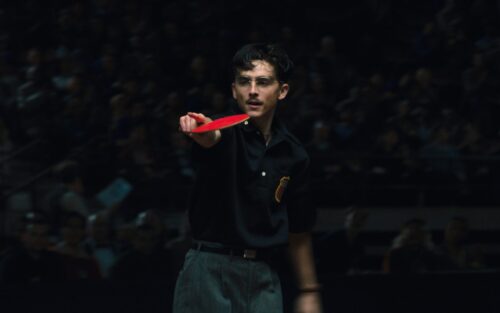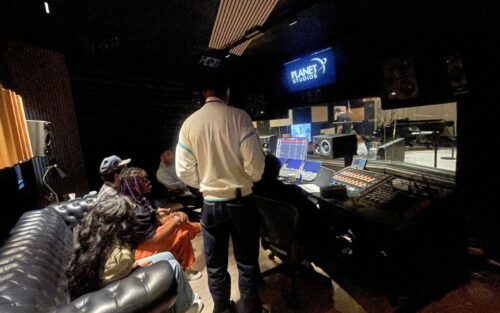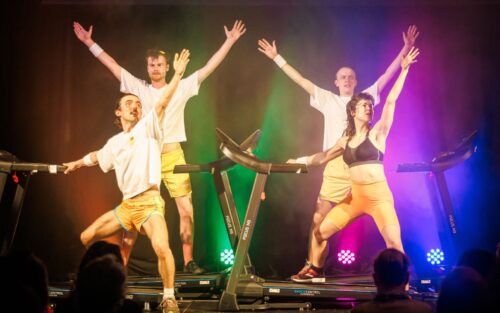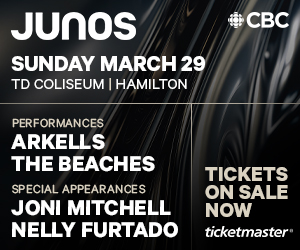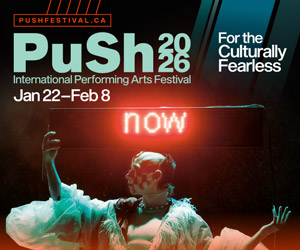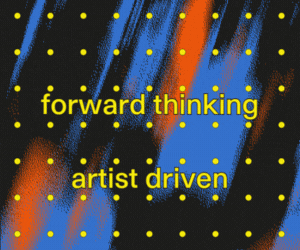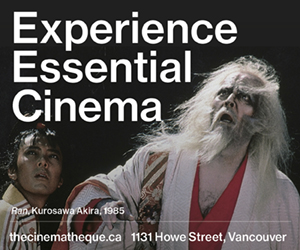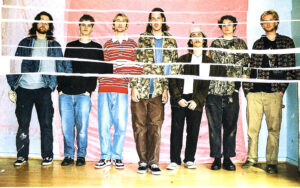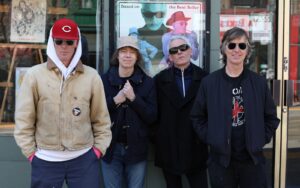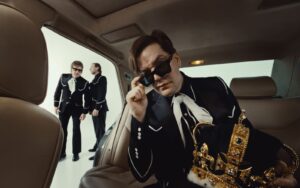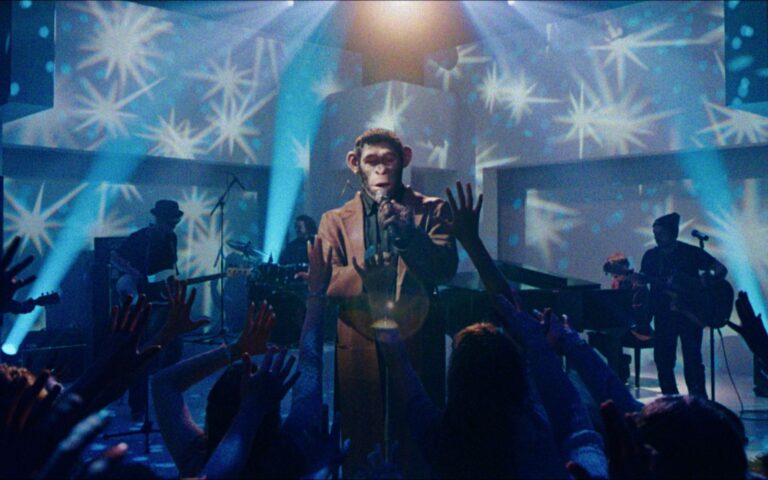
Better Man: Inside Michael Gracey’s Apeshit Robbie Williams Musical
The Greatest Showman director on the influence of Bob Fosse, Terry Gilliam, and the thrill of acting on a crazy gamble.
by Prabhjot Bains
- Published on
In a cinematic slate inundated with music biopics, precious few leave a mark as exhilarating and as purely insane as Michael Gracey’s Better Man. Visually ambitious, oozing with style, and boasting some of the most frenetically seamless editing in recent memory, the rise-and-fall tale of British singer-songwriter Robbie Williams tightly grips the tired biopic formula and makes it shine beyond our wildest dreams. Oh, and then there’s the matter of him being portrayed by a computer-generated ape.
Better Man brims with such madcap decisions that in any other film would amass eye rolls, but like Williams himself, it keeps us hooked to the limelight. Like its subject, it’s a musical that exists on the edge of coming apart, and it’s only in embracing that precarious fine line that the real wonder, charm, and beauty of the experience wash over audiences. For Gracey, the thrill of acting on that gamble informs every facet of his bonkers vision.
“A musical already has a heightened reality… you add a monkey on top of that and now you’re in a very heightened reality,” Gracey tells RANGE. “And the great thing about it is you can step between that and pure imagination pretty seamlessly. That is what I enjoy about the fact that it is a musical and the lead is a monkey: it allows you to step between the two worlds without being jarring for the audience.” It’s a feat that somehow makes the sight of a monkey doing lines and getting a hand job in a nightclub the least ludicrous of its many outrageous sequences.

Director Michael Gracey in Better Man from Paramount Pictures. | © 2023 PARAMOUNT PICTURES.
Better Man tracks Williams’ childhood in the shabby town of Stoke-on-Trent, to his stint in the boy band Take That, to his meteoric rise as a solo pop star—and all the drugs, infidelity, and crushing fame that came with it. But in doing so, Gracey maintains “a want to explore Rob’s internal and external life.” Each precisely crafted musical number is armed with a surreal timbre, plunking us into Williams’ amorphous, drug-addled mindscape with verve, vigour, and dizzying panache. Whether it be a record-breaking performance at Knebworth transforming into a medieval battle royale or Williams submerged in a frozen lake surrounded by a school of shark-like paparazzi, our overloaded senses are gloriously thrown into the gauntlet of pop superstardom.
“In a number like ‘Come Undone’… as Williams is driving away into the fog, is it at that point he’s going into the fog of his mind? I don’t know.” Gracey continues. “At a certain point… we are 100% in this guy’s mind…but somewhere in between we transition from the external life and into the internal life.” The wonder of making sense of those shifts is where the true ecstasy of Better Man takes hold. To see it is the only way to believe it.
These sonic dives into the psyche of its subject, including Better Man’s Broadway-styled titling, draw directly from the musicals of Bob Fosse. “I was very inspired by films like All That Jazz…for me, it’s like Fosse meets Terry Gilliam,” Gracey says. “I love the way Fosse choreographs the camera and his rhythmic editing, he’s such a masterful creative force and the same goes for Gilliam… the design work in something like The Adventures of Baron Munchausen [stands] as the most beautiful art-directed film of all time. These are the sort of films I grew in awe of and when you get older you lean into those points of inspiration.” When RANGE suggested a double feature of Better Man and Gilliam’s own simian-centric Twelve Monkeys, Gracey was all in on the idea: “Ha ha ha! That’s very funny.”
While Better Man serves as a snapshot of the late 90s Britpop scene, full of MTV red carpets and run-ins with the (in)famous Liam Gallagher, its delirious lens remains firmly fixed on Williams’ personal journey. “The time plays a big part in the style, art direction, hairdos, and costuming because you are going through those distinct eras, but for as much that front-facing side is there, I favoured the personal story,” Gracey notes. “I don’t relate to standing in front of 150,000 people, but I do relate to the voices in my head, to looking in the mirror and finding faults in myself, the love of a nan, and the acceptance of a father—these parts of Rob are universal.”

Robbie Williams in Better Man from Paramount Pictures. | © 2023 PARAMOUNT PICTURES.
Williams’ significant involvement in the project renders Better Man a more intimate and, surprisingly, self-effacing experience. In a cinematic climate full of sanitized stories, as Gracey says, “Rob is fortunately an over-sharer and was adamant it be a warts-and-all experience.” He continues, “We did a year-and-a-half of interviews that formed the basis of the script, which is why you really do hear Rob’s voice in the film.”
“When I tried to recreate them, they never sounded as good, they sounded like a performance… that’s why you feel the hand of Rob throughout, because it is him telling you the story from a spontaneous recording,” Gracey says. “I was sure when Rob watched it back he was going to take out some of the scenes, but he did not change one single shot of the film.” It all culminates in an experience that is as emotionally resonant and vulnerable as it is completely mad. While Robbie Williams’ fame didn’t quite translate across the pond, it’s time we all go bananas for his apeshit musical.
By Glenn Alderson
A deep-listening session reveals how Apple Music’s sonic innovation reshapes the way we hear.
By Cam Delisle
Dominic Weintraub and Hugo Williams take audiences on a treadmill-fueled ride through the chaos and hope of modern life.

